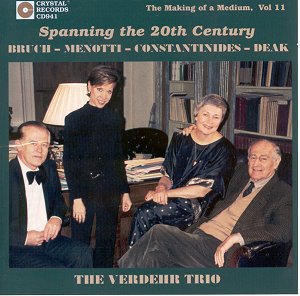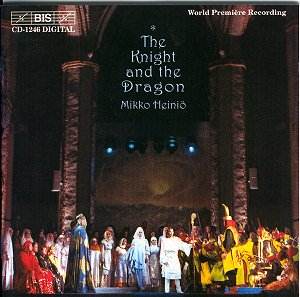 Composer: Jussi Björling
Composer: Jussi Björling
Works: Pearl Fishers Duet, Favourite Arias & Duets
Performers: Jussi Björling (tenor), Robert Merrill (baritone), various orchestras
Recording: RCA Victor Orchestra, conducted by Cellini and others (varying years)
Label: RCA
Jussi Björling, often hailed for his extraordinary vocal beauty, occupies a unique place in the pantheon of 20th-century tenors. His recordings capture not merely the technical prowess of a celebrated singer but the ineffable emotional resonance that his voice could convey. This compilation, featuring a selection of beloved arias and duets—including the renowned “Au fond du temple saint” from Bizet’s Les Pêcheurs de Perles—showcases Björling’s artistry within the historical context of operatic performance in the mid-20th century. The works span a variety of composers, revealing the tenor’s versatility and his commitment to both the operatic canon and his Swedish heritage.
The performances on this recording are marked by an unpretentious sincerity that distinguishes Björling’s interpretations. His rendition of the Pearl Fishers Duet, with baritone Robert Merrill, exemplifies this ethos. Here, the two singers weave a tapestry of vocal color that is both lush and transparent, with Björling’s soaring tenor effortlessly complementing Merrill’s rich baritone. The emotional depth of their interaction is palpable, as each phrase is delicately shaped, avoiding the pitfalls of over-dramatization that often plague such duets. The balance between the two voices is commendable, a testament to the thoughtful engineering that allows both singers to shine without overshadowing one another.
Technical aspects of Björling’s performance merit particular attention. His breath control and legato are impeccable, facilitating an effortless delivery of long, lyrical lines. For instance, in his 1951 rendition of “Celeste Aida,” the way he sustains the high notes while infusing them with emotional weight showcases his mastery of the art. The phrasing is particularly noteworthy; Björling’s ability to navigate the intricacies of Verdi’s melodic lines without sacrificing clarity or expressiveness is a hallmark of his style. The sound quality of the recording, preserved with care, allows listeners to appreciate the nuances in his tone, which remains vibrantly intact decades later.
Comparative analysis reveals how Björling’s interpretations stand alongside other notable tenors of his era. His “Che gelida manina,” recorded in 1936 and revisited in 1956, demonstrates a remarkable consistency in artistry despite the passage of time. The earlier recording captures a youthful exuberance, while the later version, under Beecham’s conducting, unveils a matured intimacy. This evolution in interpretation speaks to Björling’s capacity for growth as an artist, as he learns to infuse his interpretations with a deeper understanding of the characters he portrays.
Ending with the poignant Alfvén song, “Skogen sover,” reveals Björling’s deep connection to his roots, providing a thoughtful closure to an otherwise robust selection of operatic literature. This choice not only enhances the thematic cohesion of the album but also highlights the emotional range that Björling was capable of achieving.
This compilation of Jussi Björling’s work reaffirms his status as a titan of tenor singing, distinguished not only by the beauty of his voice but also by the authenticity of his interpretations. The recordings present a compelling portrait of an artist wholly dedicated to conveying the emotional truths of the music he sang, ensuring his legacy endures well beyond his time.



